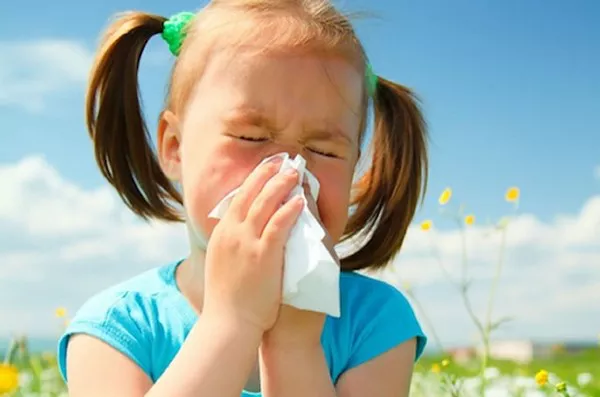Recent research suggests that children experiencing allergic rhinitis (AR) triggered by pollen, commonly known as pollen AR, are at a significant risk of enduring the condition for a minimum of two decades. The findings, based on a comprehensive long-term study led by Magnus Lindqvist and colleagues from the Division of Immunology and Allergy’s Department of Medicine Solna at the Karolinska Institutet and Karolinska University Hospital in Stockholm, Sweden, shed light on the persistence and prevalence of pollen AR from childhood into young adulthood.
The study, part of the Barn/Children Allergi/Allergy Milieu Stockholm Epidemiologic study cohort (BAMSE), was a population-based birth cohort consisting of 4,089 children born in Stockholm between 1994 and 1996. The researchers initiated the study when the children were at a median age of 2 months and tracked them over 20 years, employing various questionnaires related to allergies.
At four distinct points—4, 8, 16, and 24 years—the subjects underwent clinical follow-up assessments, including blood samples for specific immunoglobulin E (sIgE) tests. Out of the initial cohort, 1,137 subjects completed the study, and the findings highlighted essential aspects of pollen AR and its long-term impact.
Pollen-AR symptoms, encompassing a runny or congested nose, sneezing, and itching or watering eyes, were associated with exposure to birch and/or grass pollen. The researchers identified pollen-AR through sIgE levels of ≥0.35 kUA/L for grass and/or birch. Notably, 75% of children reporting pollen-AR at ages 4 or 8 persisted with the condition until the age of 24, with approximately 30% developing asthma.
The study indicated a substantial likelihood of persistent pollen-AR even with relatively low pollen-specific IgE levels. The highest rate of recovery occurred between ages 16 and 24, with approximately 21.5% reporting remission during this period. Despite continued sensitization to pollen, the researchers noted a plateau in pollen-specific IgE levels, leading to a decline in the estimated annual incidence of pollen-AR from 1.5% to 0.8% per year on average.
In conclusion, the study underscores the enduring impact of pollen-AR, revealing a high risk of persistent disease for at least 20 years. The researchers emphasized the dynamic progression of the condition from childhood to adolescence, highlighting the intricate relationship between sensitization, allergic rhinitis, and asthma.

